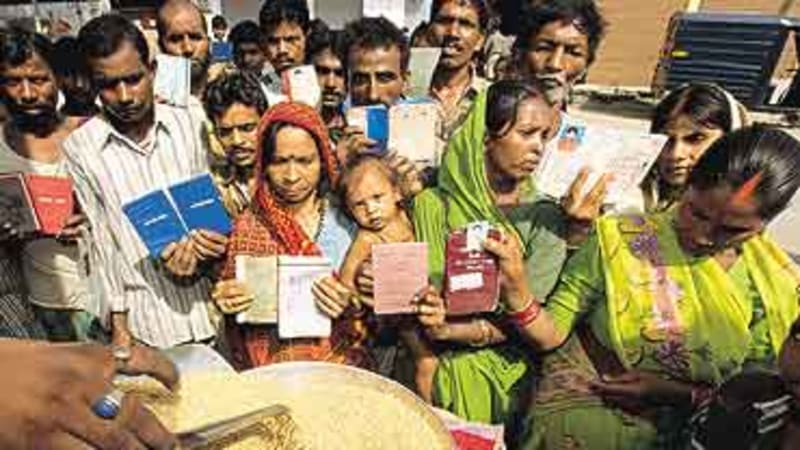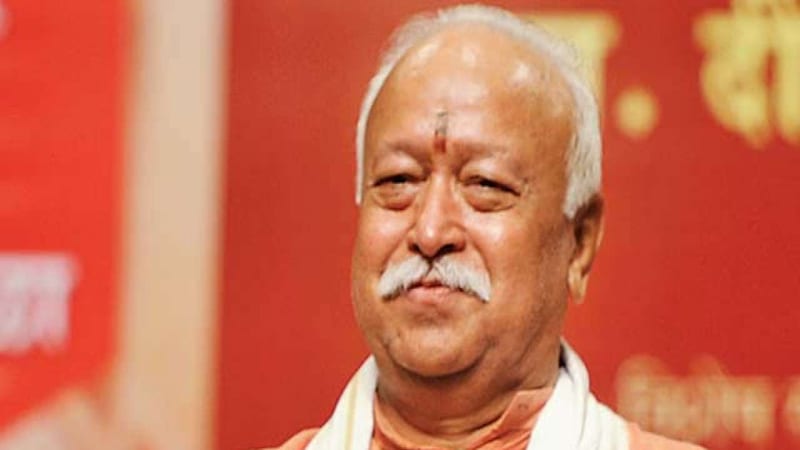
Produced for Outlook Magazine
The poverty of statistics
The Government of India manipulated data on poverty rate by changing the criteria for identifying the poor.
- Journalist

Noida, Uttar Pradesh, India
$40 - $55 / Day
Request a demoI am a journalist with 30 years of experience during which I have worked with leading national dailies and magazines of India, such as The Indian Express, Hindustan Times, and DNA. My core area has been political coverage – including news and analysis of political trends and socio-political aspects. Along with this, my areas of interest have been environmental and people-related issues. I have covered climate change and its impacts in various areas and sectors, renewable energy, pollution, biodiversity, and drought. I have written about tribal and village communities, the problem of hunger and starvation in parts of Rajasthan, farmers’ suicides and agricultural crisis, socio-political issues like human rights – including its subcategories such as minority rights, sectarianism, caste discrimination, and violence, as well as gender issues, including female foeticide and infanticide, etc. I have also covered terrorism and insurgency, including Left extremism, and other security-related issues. Apart from news and features, I have also conducted studies and prepared research reports on a variety of issues for organizations like the United Nations Development Programme, the Centre for the Study of Developing Societies, the Coalition for Nuclear Disarmament and Peace and the Centre for Science and Environment. Two of my articles were published by the journal Economic & Political Weekly. I have also done a few studies/projects : • Wrote a book for Sikkim Govt – “GREEN GOVERNANCE: Environmental Stewardship in Sikkim” – on the state’s environment and government’s initiatives to address issues relating to various aspects like wild life, biodiversity, climate change impacts, etc.(2014) • A report on the tussle between India and Pakistan over Baglihar Hydroelectric Project in Jammu commissioned by Society for Promoting Participative Ecosystem Management (SOPPECOM), (through a participating organisation, the Institute of Social and Economic Change[ISEC]) at the end of January, 2005. It appeared as a chapter in the book Water Conflicts in India : a Million Revolts in the Making and was also an article carried by Economic and Political Weekly, “Transboundary Disputes - Two Neighbours and a Treaty: Baglihar Project in Hotwaters”. • A status report on the various nuclear programmes in Rajasthan; a part of the paper was presented at the national meet of CNDP (Coalition for Nuclear Disarmament and Peace) in November 2004. It included a report on a steep rise in incidence of cancer in villages around the site of nuclear tests in Pokran as well as high incidence of diseases in some villages near Rajasthan Atomic Power Station. • A series on starvation deaths in Baran district, Rajasthan, in 2002. (Hindustan Times)

Produced for Outlook Magazine
The Government of India manipulated data on poverty rate by changing the criteria for identifying the poor.

Produced for Outlook Magazine
This was a report on Government of India's plan to promote the use of plastic to raise its consumption more than three-folds and make India the third largest plastic consumer.

A story on the status of wildlife in India which was among the ten countries with the most number of endangered animals.

The story was about the need for India to take steps to combat climate change rather than say it was the duty and responsibility only of the West.

The report was about effects of global warming and glacer melt affecting people and livelihoods in India.

This report busts claims of RSS, which is India's ruling party's parent outfit, that Mahatma Gandhi had praised the organisation.
Production Support
Miscellaneous